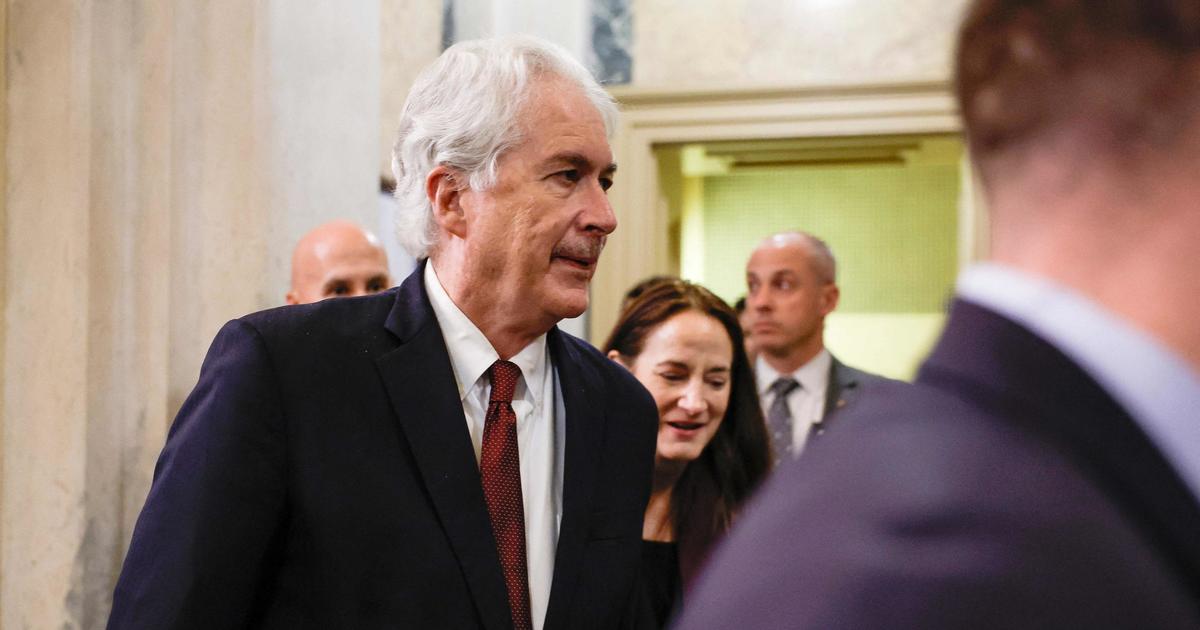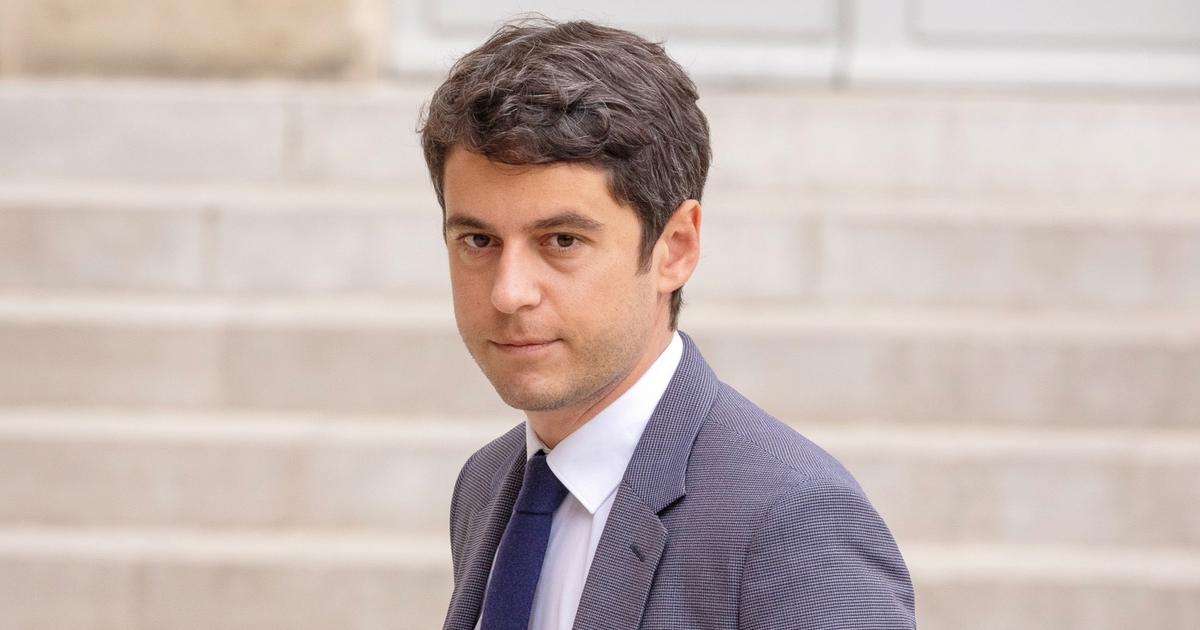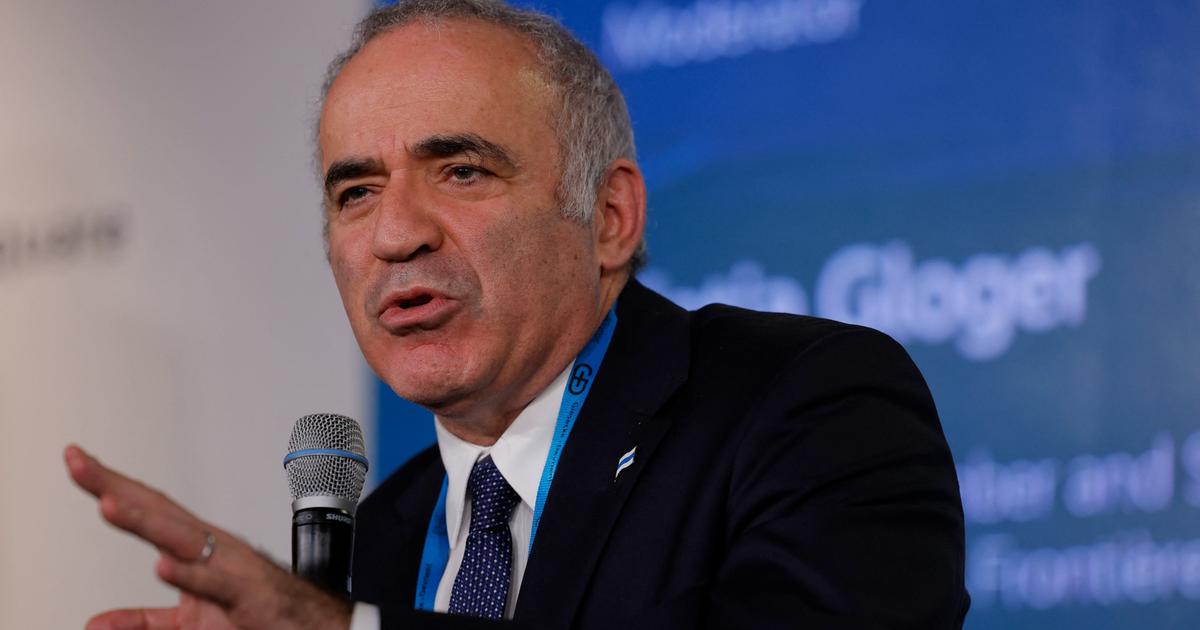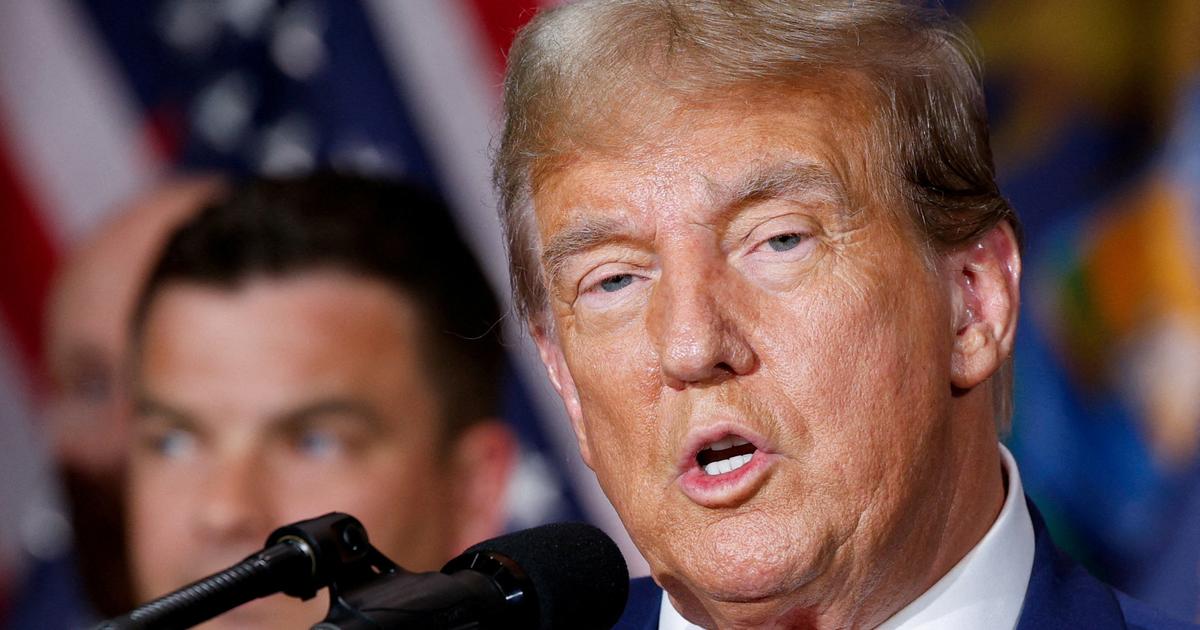The US intelligence agency, the Central Intelligence Agency (CIA), is the world's best-known intelligence agency alongside the KGB. While the Soviet KGB took its bad reputation into account, the CIA cultivates a kind of heroic image quite successfully. One only has to remember how their agents tracked and killed al-Qaida head Osama Bin Laden in 2011, and how this action was staged.
SPIEGEL: Mr. Gassert, how did the CIA get its positive image?
Gassert: The picture comes from the predecessor organization: The Office of Strategic Services (OSS) contributed in World War II with its operations not inconsequential to the victory over Nazis and Japanese, so the honor is well founded. The CIA did not emerge until 1947 from the OSS. She is without a doubt a child of the Cold War: Most of the judgments and prejudices about the CIA came about during the decades-long conflict of the superpowers. If you look more closely, the picture gets relativized: Sometimes they were the "good guys", but many CIA actions were anything but glorious.
SPIEGEL: In the Cold War, the CIA repeatedly organized foreign overthrows, such as the military coup in Iran in 1953, because Prime Minister Mossadegh wanted to nationalize the oil industry. In 1954, a CIA commando helped end the Guatemalan revolution and establish a military dictatorship, not least at the instigation of the banana company United Fruit Company. The US intelligence also planned assassinations on Cuba's head of state Fidel Castro and helped in 1973 in the coup of right-wing military against Chile's President Salvador Allende. Is there a justification for such operations?
Gassert: No, these were clearly illegal actions. In the early years of the Cold War, US policy tended to use not the military, but the less-controlled intelligence service to exert influence abroad. Such methods were investigated in 1975/76 by the "Church Committee", a special committee of the US Senate, and brought to light. In February 1976, President Gerald Ford banned all US government agencies from intentionally killing foreign heads of state or planning such operations.
SPIEGEL: Even the basic law on the CIA, the National Security Act of 1947, shows a lack of democratic control: Parliament did not have control rights, instead a National Security Council was directly subordinated to the president and should coordinate the work of the military and intelligence services , Why was this birth problem never overcome?
Gassert: The control of a secret service is in a democratic state is a contradiction in terms. You can not disclose everything that the ministries do, that's in the work itself, because then it would not be secret any more. There are secret service committees in Congress, and budget law is a powerful weapon. But the CIA systematically tries to deny information to MPs.
SPIEGEL: The problem is not unknown in Germany either.
Gassert: In the US, the competitive situation is added: In addition to the CIA, there were always other intelligence agencies, including military, they vied for responsibilities and influence. That made the control even more difficult. By founding the CIA, the president wanted to create an instrument for himself to provide information independently; at the same time, this service should have a primacy, even to the military. That has never been completely successful.
SPIEGEL: Did the CIA ever have any significant influence on US foreign policy, or was it just an instrument of government?
photo gallery
14 pictures
CIA secret service: Between hero image and dirty actionsGassert: The CIA has always been subordinate to the political leadership. One example is the Vietnam War: CIA analysts warned of military intervention in the 1960s because they rated Vietnam's problems as internal conflict. Nevertheless, the policy decided for the escalation. The CIA is often torn between scientific analysis and the demands of political leadership. It is conceivable that the leadership of the secret service withholds information that does not fit into the world view of political leadership in order to avoid a conflict. The question is therefore always whether the intelligence of the secret services really does matter in politics and how politics uses this knowledge. This certainly applies in the present for the "war on terror": The political leadership determines the line of action. It therefore also bears the responsibility if the services legally exceed limits or even commit crimes.
SPIEGEL: Long-time CIA chief Allan Dulles wrote in his autobiography that the CIA was necessary because "anything could happen anywhere and anytime that could directly affect the security of the United States." So did the CIA see itself as a world intelligence police?
Gassert: I would call that an expression of the interests of a global superpower. A state that operates politically and economically worldwide needs an international intelligence service. The CIA was supposed to collect, analyze and provide information so that the political leadership could make better decisions. But it was always about infiltrating and influencing the other side.
SPIEGEL: The US foreign policy was determined very early on by a true "cult of security" that vigorously defended the interests of the state, political and economic. During the Cold War, this safety cult once again received an enormous boost. What role did that play for the CIA?
Gassert: The safety cult was created by the political class. In the Cold War, in conflict with the Soviet Union, there was a broad resonance in society. Consider the scenarios of fear and doomsday that Hollywood designed in feature films, or the communist hunt that sparked Senator McCarthy. The world was divided into "good" and "evil". In the classic Western, such as "High Noon", the striking becomes clear. President Bush has exploited this black-and-white thinking, deeply rooted in US history and US society, in the fight against terror, against "rogue states," etc., and created new images of the enemy.
SPIEGEL: What did it mean for the US secret that after the end of the Cold War, Islamist terrorism emerged as a new threat? Could not they keep and expand their strong position?
Gassert: That's a difficult question. Like every state institution, the CIA has to prove its necessity over and over again. The September 11, 2001 terrorist attacks in New York have indeed given legitimacy to the intelligence services, and the entire organization has been given a new purpose and focus, which it lost some of its power in the 1990s. But the CIA also had to change their structures, without any friction losses that did not go away.
SPIEGEL: Even the "new" CIA is not limited to the "war on terror". The cooperating technical secret service NSA also listened to the phone from the Chancellor. "Listening with friends, that's impossible," said Angela Merkel. Why is the CIA even spying on its allies?
Gassert: This has a long tradition: American services have been collecting information in Germany since 1945. One reason for this is the economic competition between the two countries, because one of the tasks of the secret services is also to keep an eye on the economic sector. In addition, the Germans did not quite dare after 1945. It was important to keep an eye on old Nazis and Communists, especially since many West German institutions had been infiltrated by Stasi spies. Electronic Enlightenment has become a bit far-fetched these days, services are doing something simply because they can do it technically. If that comes out, it will be embarrassing for the US president.
SPIEGEL: US society has a very self-reflective side, and the question of whether political actions correspond to the values and ideals of the United States shapes the discourse. Why has not that meant limiting the scope of intelligence services and strengthening democratic control?
Gassert: There are legal bases for secret service work, and there are parliamentary monitoring bodies. The media perform a very important control function and are often at the beginning of investigations. The "war on terror" has heated debates about whether "waterboarding" is torture or legal. The torture of prisoners in the US prison of Abu Ghraib in occupied Iraq has been reviewed by the courts. The chief executor was sentenced by a military court to ten years in prison. As a democracy, the US deals with its secret services critically, at least more critically than many other countries.
SPIEGEL : The scandals in Iraq, waterboarding or Guantanamo were only brought to light because whistleblowers made it public. By itself, intelligence services had hardly provided for the workup. Would not it be necessary to retrospectively investigate secret service operations for rule violations by default?
Gassert: In part, that happens, the transgressions and illegal activities of the CIA are examined by the Congress. There are also theoretical internal control mechanisms within the services. The fact that the services would publicly self-mortify themselves, would be a bit too much to ask. That would not do any state institution. A law that protects legitimate whistleblowers more effectively would help. We see Edward Snowden often persecuting the one who brings the truth to light, less the law enforcement staff.
SPIEGEL: Donald Trump was the first president to comment negatively on the CIA. He claimed that unlike his predecessors, he never agreed to use the North Korean head of state's half-brother as CIA source. Do such statements undermine CIA employees' confidence in their president?
Gassert: I can not judge because I have not spoken with CIA operatives. But it is characteristic of how Trump poses to the existing institutions: he wants to bundle their competences in his person and make the "deep state" docile in a populist manner. He sees competitors and opponents everywhere. And that's not entirely wrong. But this public exposure can not be very motivating for any of these institutions in the long term. However, this chapter of American history is still ongoing. As a historian, I have a hard time predicting the future.


/cloudfront-eu-central-1.images.arcpublishing.com/prisa/KMK4H4UCXODRHQ43NGOU4JTKHE.jpg)












